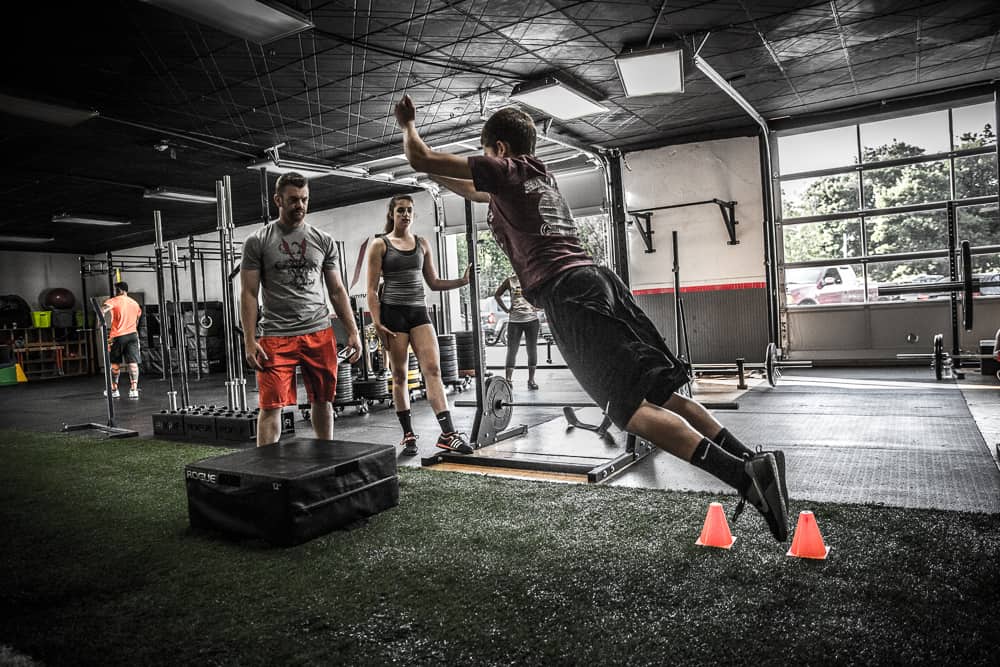Come on, Student Athlete, Eat!
We can’t believe we have to say this, but we’ve witnessed enough episodes that we felt it warranted a post. Food is your friend. So, come on, student athlete, eat! Contrary to popular belief, this doesn’t just apply to girls. Too frequently high school athletes seem to “forget” to eat all damn day. How is that even possible??? (Asks the guy who vacuums up snacks like it’s his job.)
Vital Energy
Let’s go back to Health 101, shall we? Food provides calories for your body. A calorie only measures a unit of energy. Calories from food equal a certain amount of energy. A body either stores or burns calories for energy. You expend this energy to do basic things like breathing, thinking, moving around, and digesting more food for more energy. Children and adolescents also use energy to grow, develop, and cause headaches for teachers and parents (but never coaches, right?).
Student athletes need more calories (aka energy) than their more sedentary friends to perform their activities and maintain healthy growth. How much more? The general population usually needs 1,500 to 2,000 calories a day. Teenage athletes require 2,000 to 5,000 calories to meet their daily energy needs. Guys, that’s the equivalent of eating a whole chocolate cake every day on top of basic meals! (We’d recommend a few more nutritious calories though.)
Passing Out in Public
Even a non-athlete student experiences unpleasant side effects from not eating enough without asking them to perform strenuous activities. Not eating causes weakness, lethargy, shakiness, and what someone once described as “sparkles” in their vision. In extreme cases, it can also cause a nasty habit of passing out in random places.
Too many high school athletes go through an entire day of school eating little more than a pack of fruit snacks. Coming straight from school without stopping for food, they show up for a scheduled lifting session. Fortunately, our trainers know to look for signs of someone at risk for going down.
A few minutes into a warmup we already see them wilting. Why? The energy tank is empty! It takes far more than fruit snacks to get through a day of learning and other teenage antics. Anyone would feel totally wiped out after that, having spent far more energy than brought in. Athletes go ahead and ask their bodies to do even more on less, which isn’t smart in this case.
Improved Performance and Results
Athletes can stubbornly think they can overcome whatever signals their bodies send them to stop and eat. How many times have they found pushing through discomfort leads to higher levels of performance? But when it comes to running on fumes, that’s not the time to see how far you can go.
It should go without saying that in order to get bigger, better, faster, at anything, you need energy. Bodies – especially young bodies – need energy to heal, get stronger, and develop. Proper food intake helps fuel better results during both training and competition. Notice we said proper food intake. There’s no one-size-fits-all eating plan for student athletes, but eating a healthy, balanced diet can boost levels of performance.
If you’re a parent or caregiver, you may be concerned whether your student athlete is getting enough energy each day. You should always consult with their pediatrician, we’re happy to walk through suggested meal plans. Call us 724-691-2769, visit us at the front desk during staffed hours, or Contact Us through our online form.

